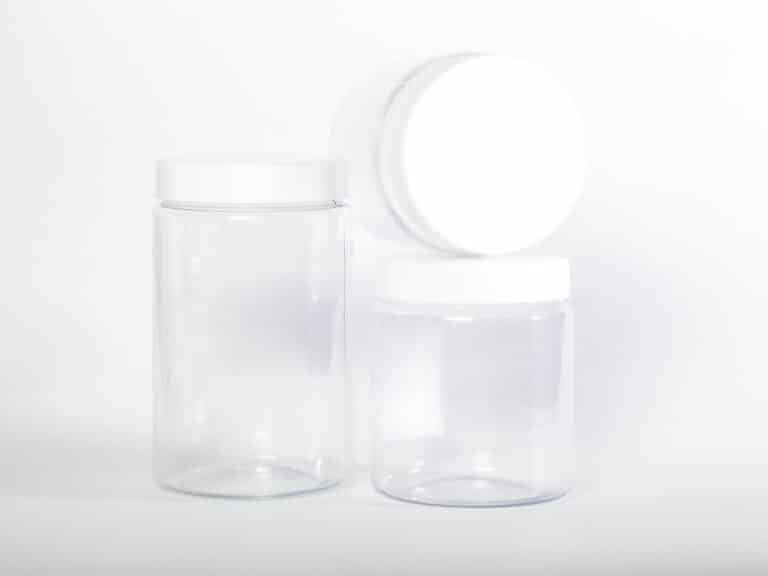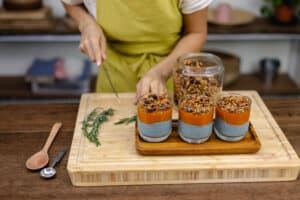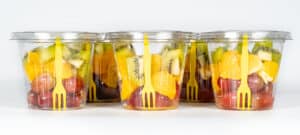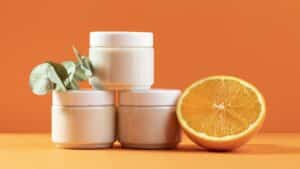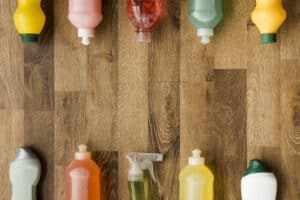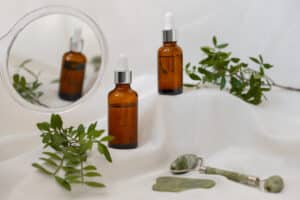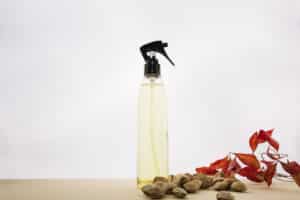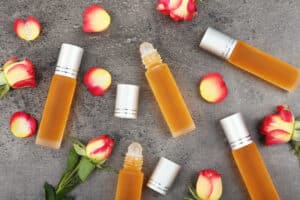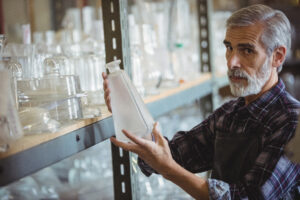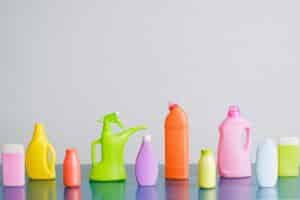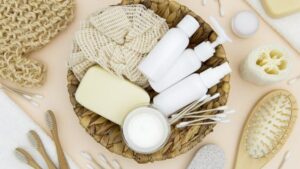Plastic jars are safe as long as they are made with food-grade plastic. The FDA regulates the manufacturing of food-grade plastic, so you can be sure that these products are safe to use. Some plastics can leach chemicals into food, but food-grade plastic is made to resist this.
If you find a jar labeled “BPA free”, it means that the jar has been tested to ensure that it is not leaching any BPA. This does not mean that BPA is not in the plastic itself. It only means that the manufacturer has ensured that it has not been added to the plastic.
This can be done by a third party, or the manufacturer may have its own testing lab that can test for BPA. The FDA regulates the manufacturing of food-grade plastic, so you can be sure that these products are safe to use. And there are many benefits to these plastic jars
4 Benefits of Plastic Jars
- Convenience
Plastic jars are extremely convenient to use. They are lightweight and easy to carry, making them ideal for taking on the go. Additionally, they are easy to clean and can be reused multiple times.
- Cost-effective
Plastic jars are very cost-effective. They are often less expensive than glass or metal jars, and they can be reused multiple times, which saves money in the long run.
- Safety
Plastic jars are safe to use. They are non-toxic and do not leach chemicals into their contents. Additionally, they are break-resistant, making them safe to use around children.
- Versatility
Plastic jars are very versatile. They can be used for a wide variety of purposes, such as storing food, holding personal belongings, or even growing plants.
Are plastic or glass jars better?
There are a few things to consider when deciding if plastic or glass jars are better. First, think about what you’ll be using the jars for. If you’re going to be storing food in them, then you’ll want to make sure the jars are food-safe. Glass is a good choice for food storage because it doesn’t leach chemicals into the food like some plastics can. Plus, glass is easy to clean and sterilize, which is important for food safety.
Another thing to consider is the weight of the jars. Glass is much heavier than plastic, so if you’re going to be transporting the jars around, plastic might be a better choice. Plastic is also less likely to break if dropped, so that’s another plus.
Finally, think about the price. Glass jars are usually more expensive than plastic, but they can be reused over and over again. Plastic jars are less expensive, but they’re not as durable and they can’t be recycled as easily.
So, which is better? It really depends on your needs. If you’re looking for food-safe storage containers, then the glass is the way to go. If you need something lightweight and durable, then plastic might be a better choice. And if you’re on a budget, then plastic is probably the way to go.
7 Mostly-Asked Questions
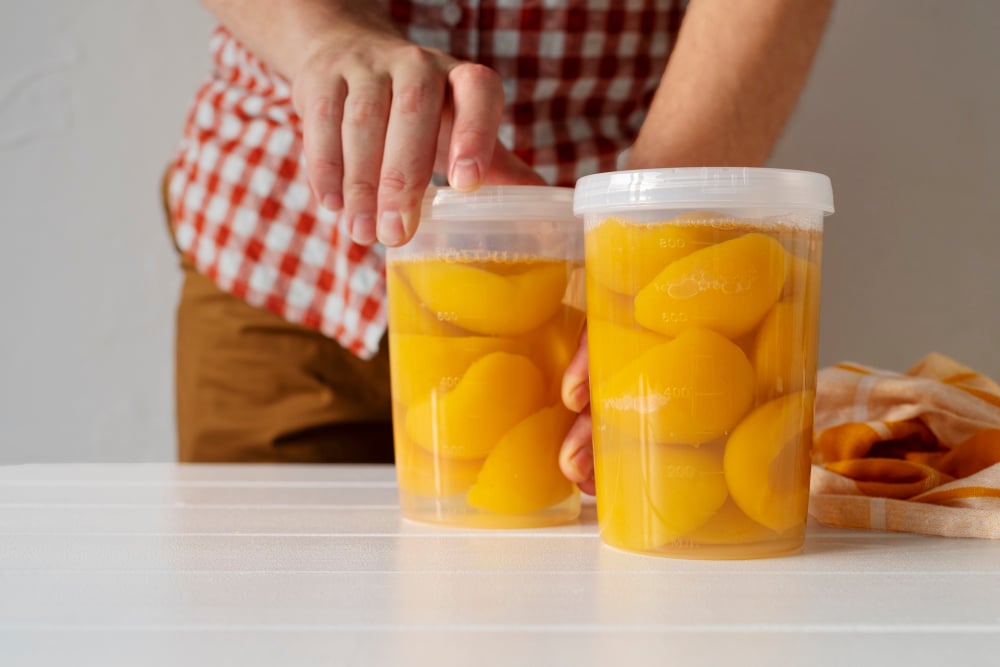
1. Why don’t they put pickles in plastic jars?
There are a few reasons for this. First, pickles are typically stored in vinegar or brine, which can eat away plastic. Second, pickles are often stored in sealed jars, and plastic doesn’t provide an airtight seal. Finally, pickles are acidic, and plastic can leach chemicals into food.
2. How do you preserve food in a plastic jar?
- Fill the plastic jar with the food you wish to preserve.
- Add a tight-fitting lid to the jar.
- Place the jar in a cool, dark location.
- Check on the food periodically to make sure it is still fresh.
3. Is peanut butter in plastic jars toxic?
If you’re concerned about toxins in your peanut butter, you’ll be happy to know that the FDA has determined that there is no significant difference in the levels of toxins (such as BPA) in plastic and glass jars of peanut butter. So, if you’re looking for the healthiest option, you can choose either one.
4. Can bacteria grow in a plastic container?
Yes, bacteria can grow in a plastic container. In fact, plastic is one of the most common materials that bacteria are known to grow on. The reason for this is that plastic is a porous material, which means that it has small holes that bacteria can use as a foothold to begin growing. Additionally, plastic is often found in warm, moist environments, which are ideal conditions for bacteria to thrive.
5. Is BPA-free plastic safer than glass?
BPA stands for bisphenol A. It is a synthetic compound that is used to make certain plastics and resins. BPA is found in polycarbonate plastics and epoxy resins. These materials are often used in food and beverage containers, as well as in some medical devices and thermal paper products.
There is some concern that BPA may be unsafe because it can leach out of these products and into our food and water. Animal studies have shown that BPA can disrupt the endocrine system, and there is some evidence that it may have similar effects in humans.
So, is BPA-free plastic safer than glass? The answer is not clear. Some studies have found that BPA-free plastics may still contain other chemicals that can leach out and cause health problems. Glass is a safe alternative, but it is important to recycle it to avoid environmental pollution.
6. Is any plastic safe for food storage?
No, not all plastic is safe for food storage. The plastics that are safe for food storage are usually labeled with a “P” or a “PC” (polycarbonate) on the bottom of the container. Other plastics may leach chemicals into your food, which can be harmful to your health.
7. Do plastic mason jar lids seal?
Plastic mason jar lids are not as effective as sealing rubber or metal lids, but they can still provide a seal. If you are using a plastic lid, make sure that it is screwed on tightly and that there is no gap between the lid and the jar. You can also try to put a piece of tape over the lid to create a seal.
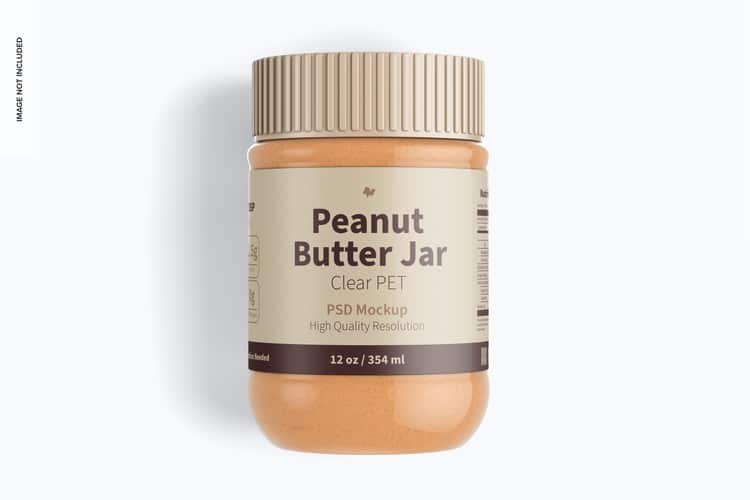
Summary
If you’re looking for an easy and affordable way to store your food and other household items, plastic jars are a great option. They come in a variety of sizes and can be used for everything from storing leftovers to organizing your pantry. Plus, they’re easy to clean and can be reused over and over again.
If you want to learn more about plastic containers like this, then you can subscribe to our blog as it is the no.1 place to keep up with the trends in the industry right now!

